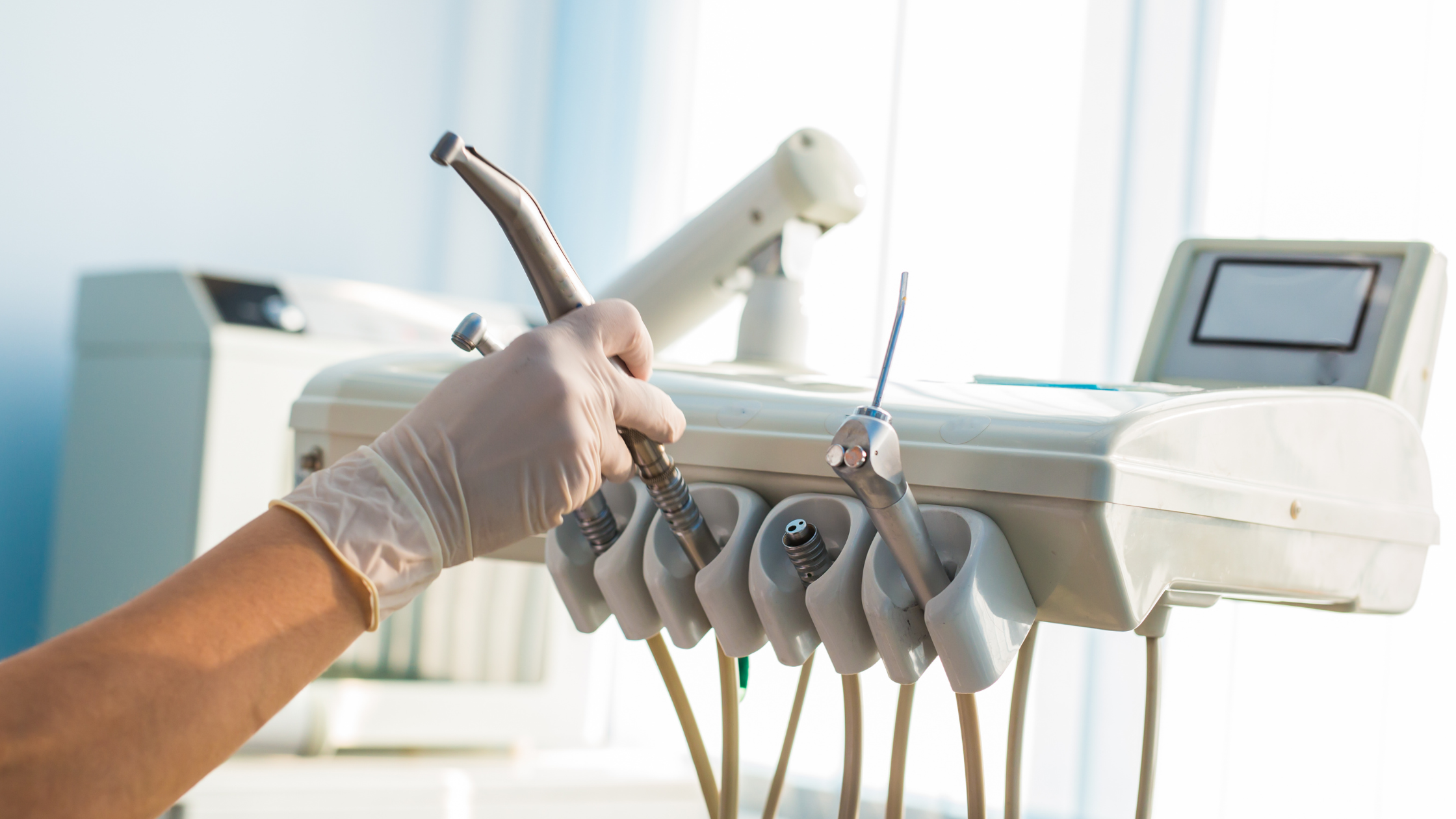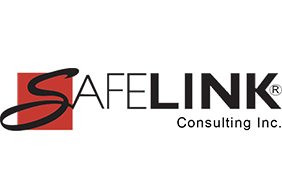Dental unit waterlines have become a significant concern in the dental industry, capturing widespread attention after numerous individuals, including hundreds of children, fell victim to severe, life-altering infections. Despite the long-standing guidelines on waterline maintenance set by the Centers for Disease Control and Prevention (CDC), getting dental pros to prioritize waterline maintenance has been as challenging as pulling teeth. We must continue to shed light on this often-overlooked issue and its consequences. Dental unit waterlines require constant management to confidently and consistently know that the water is safe.
Bringing your child or loved one to the dentist can be quite challenging, especially if their oral health is less than stellar. From the moment the dental appointment is mentioned, they may exhibit signs of anxiety, fear, or resistance. It's never enjoyable to have a cavity filled or a tooth extracted, but in a world where king-sized candies and Big Gulp sodas are the norm, it's unfortunately become a necessary part of dental care. It's one thing to deal with the consequences of shoddy toothbrushing and too much sugar. It's a completely different story when your entire world is turned upside down due to a devastating infection caused by contaminated dental unit waterlines (DUWLs).
Imagine the horror of discovering that your child or loved one's dental infection was caused by something as preventable as contaminated waterlines. It's a nightmare scenario that no one should have to endure. Yet, the reality is that these infections can and do occur, and they can have life-altering consequences. Although children and individuals with weakened immune systems are more vulnerable to these harmful infections, even healthy adults can be affected by contaminated waterlines.
Licensed dental professionals have a duty to do no harm, yet hundreds of people have been harmed because of contaminated water. As a dental pro, imagine the weight on your shoulders, knowing that you are accountable for an infection that could have easily been prevented. Waterline maintenance must be a top priority for all dental offices. By implementing a Safe Water Policy in your practice, you can ensure that the water used in non-surgical procedures meets the highest quality standards. It doesn't have to be complicated, in fact, offices that keep it simple consistently get passing test results.
Utilizing the 3-Steps to Safe Water - Shock, Treat, Test!
Step 1: Shocking
Shocking is the process of using a strong chemical or disinfectant to kill and remove the stubborn bacteria and biofilm that has built up in those tiny lines. Biofilm is sticky, slimy, and can be hard to remove. It takes a strong chemical to break it up so it can then be flushed out. There are a lot of shock products on the market, choose one that is strong, effective, and backed by data. Sometimes it is necessary to shock 3 nights in a row. This process is very effective because it breaks down the biofilm layer by layer. Make sure that you thoroughly flush the product out of the waterlines the morning after shocking. It is crucial not to skimp on this step, as not flushing long enough may result in the biofilm not being effectively pushed out of the waterlines. It is a bit time consuming, but it is super important.
2. Treating
By treating your waterlines, you are adding a low-level antimicrobial into the mix. After shocking, using a tablet or straw product will help keep your waterlines clean until it is time to shock again. Tablets and straws are just low-level antimicrobials, so they are safe to use during patient treatment. Of course, if you are doing any type of surgical procedure, sterile water from a sterile delivery system would be required.
As with shock products, you want to make sure you do your research before deciding on a daily maintenance product and always follow the manufacturer's instructions for use (IFU). There's no magic bullet when it comes to treating your waterlines. Daily products work, but bacteria is powerful and will eventually invade and regain residence inside the lines. That's why shocking and treating are both equally important. Maintaining clean waterlines is not hard but it does take time and effort, no matter what treatment product you choose to use.
3. Testing
Waterline testing can seem scary or intimidating, but don't let the fear of the unknown hold you back. Even if you get failing test results, it's ok. At least you know where to start and how aggressive you need to be with the shocking process. Testing is the only way to verify that your Safe Water Protocol is working and prove that your dental water is safe to use on patients.
According to the guidelines set by the Centers for Disease Control and Prevention (CDC), the bacterial count in water used for nonsurgical dental procedures should be as low as reasonably possible, with a minimum requirement of less than 500 CFU/mL, which is the EPA standards for drinking water.
You may already be using the best of the best shock and daily maintenance products, but how can you really prove that your dental water is safe without testing? Simply stated, you can't. Testing is the only way to have complete certainty and confidence in the safety of your dental water.
There are various testing methods available for dental unit waterlines, including in-office tests and mail-in options. Each method has pros and cons, but testing frequently is what matters. Always follow the recommended testing frequency provided by the product manufacturer and/or equipment manufacturers instructions for use (IFU). If there are conflicting recommendations, it is best to choose the more stringent option. Data shows that offices that test regularly consistently get passing test results.
We must continue to shed light on the importance of waterline maintenance!
Maintaining safe dental water may seem overwhelming, but it is a vital step in ensuring the well-being of your patients. We need to remember that contaminated waterlines are a preventable source of dental infections and dental pros have a duty to prioritize waterline maintenance as part of their commitment to patient safety.
By implementing a straightforward Safe Water Policy in your practice, you can take significant strides toward safeguarding your patients from potential harm. The 3-Steps to Safe Water—Shocking, Treating, and Testing—are the keys to success in this endeavor. Shocking gets rid of stubborn biofilm, treating introduces low-level antimicrobials for ongoing protection, and testing proves that your water is safe.
Remember clean and safe dental water isn't just a professional obligation; it's a fundamental part of delivering quality dental care that everyone deserves. Your commitment to these practices will go a long way in ensuring that a trip to the dentist remains a positive experience for all.
By increasing awareness about the importance of waterline safety, we can join forces to prevent harmful infections caused by contaminated dental unit waterlines. Whether you're a parent, a concerned patient, a dental pro, or a waterline warrior, let's continue to shed light on the importance of safe water.
Why is it crucial to evaluate your sterilization procedures? Learn about the potential repercussions of overlooking proper sterilization protocols in dental practices.







Leave Comment